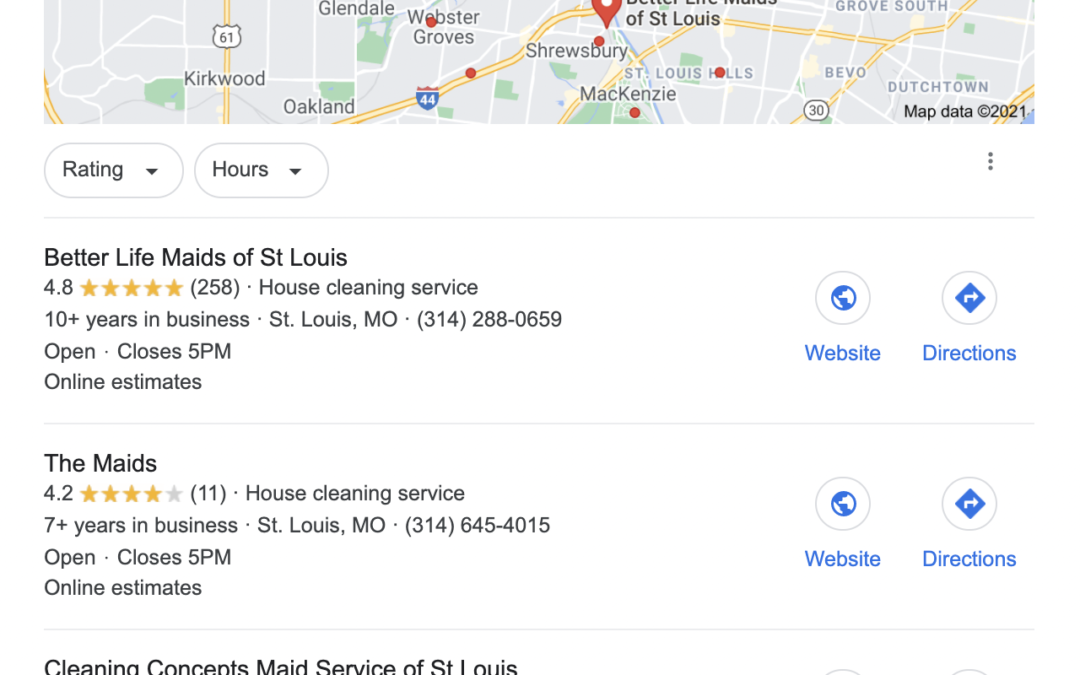While many business owners use bartering as a way to pay for essential and premium business services and tools, the real value in bartering may be the access to a ready-to-use (RTU) referral network and cash-paying customers.
Bartering Defined:
Exchange goods or services for other goods or services, without using money.
A Simple Example of Bartering
Your neighbor designs websites. You approach your neighbor and ask if she’ll design a website in exchange for you providing house cleaning service.
This is a perfect example of bartering; you exchange services for other services without using money. There are so many benefits to bartering, a business practice strongly endorsed by the Better Business Bureau.
[EasyDNNnewsToken:Left Justify Embed 300 x 250]
Barter as a Marketing Tool
Bartering often begins as a way to acquire and sustain business services: flyers, yard signs, vehicle wraps. And when sourcing business services locally, consider support and expert services you may be struggling to find at a reasonable price, such as payroll services and auto repairs for company vehicles. Barter can often provide you with prizes, awards, and incentives for your staff as well; almost weekly, I go across the street to buy pizza for the office after a long day or for our company meetings, and I intend to barter for many of my employee holiday gifts this year. But beyond the services that keep your business running internally, you’ll be stunned at what a valuable marketing tool bartering is.
My bartering strategy focuses mainly on acquiring new clients; it’s not a “what can I get” approach. How many of you would love a way to acquire 4, 5 or 15 new recurring customers with hardly spending a dime to do so?
In total, I barter about $1500/month in house cleaning services through my local barter exchange. Just after joining, I acquired two commercial cleaning accounts and several residential house cleaning accounts almost immediately from among the barter exchange members, to the tune of $4000 barter bucks sitting in my barter account today. Beyond that, I receive referrals from other members in the barter exchange; these referred customers become new cash-paying customers, customers I would not have gained without joining the barter exchange. This is now money I can use on advertising to acquire even more new clients and grow my traditional cash revenue.
Getting Your Barter Network Started
Bartering occurs through two main activities: direct bartering and a barter exchange.
Direct bartering is similar to “pounding the pavement.” Start with some of the vendors you’re already using, such as your accountant and flyer and business card printer. Ask the owners of these businesses if they would consider exchanging their services for equal value house cleaning services. Similarly, use your local business network events, BNI meetings, Chamber of Commerce groups to identify local barter partners. Use the same basic sales strategies you would use to acquire any residential customers. Remember, these people you are bartering with are going to be house cleaning customers. Direct bartering is an excellent strategy for getting your barter network started and growing.
When you’re ready to make barter a major piece of your total marketing strategy, consider joining a barter exchange. A barter exchange is an organization which serves as a third party to coordinate barter transactions between members of the organization; examples include Itex and IMS-International Monetary Systems. The exchange keeps track of the value of barter transactions and the value of each member’s barter account, both services rendered and services received. Barter exchanges provide monthly accounting for each member and year-end tax reporting of barter transactions. Be sure to confirm any fees associated with initial joining, subscription, and individual transactions before selecting your barter exchange. When a barter exchange is used effectively, the fees are minimal compared to the retail/cash cost of marketing tools used to acquire new clients.
Advantages of Using a Barter Exchange
A Barter Exchange is a combination of a networking group and a prospective customer list and comes at a time cost to be weighed against some strong advantages:
– New customers are waiting: The barter exchange has already done most of the work for you. There are several dozen small business owners waiting to do business with you.
– It’s a ready referral system: When you confirm your advertised value with the business owners, they’ll refer you to their friends, neighbors and clients, most of whom will become cash-paying customers.
– Free up available cash to re-invest in your business: When you barter for your standard services (payroll, advertising, auto repair, etc.), you improve your cash flow for handling emergencies, seasonal slumps, and especially major investments in your business because the cash you would have paid for those services stays in your check book if you barter.
– Reduce the time-cost of direct bartering. A direct trade, where you may call a neighbor to barter some house cleaning for her to do web design for you, often costs more in time because it’s difficult to match value of services dollar for dollar in direct bartering. Barter exchanges address this problem.
– The barter exchange is full of other business owners. They understand all the things you’re dealing with and are up for talking shop.
Important Remarks on Bartering
Before you begin negotiating barter arrangement, you should talk to your accountant about bartering. Although no cash transfers, all bartered services must be reflected in your accounting and taxable income. You’ll want to confirm that your barter practices conform to local, state, and federal tax regulations.
Do NOT treat the barter bucks in your account as fake or play money. If you would not purchase hats, cups, and t-shirts with cash because you think it won’t increase your profits, don’t do it with bartering either. Use your bartering bucks to continue investing in your business toward profit-generating activities.
Do your homework and find the best barter exchange that suits your needs. ASK FOR REFERENCES – ask for at least 5 names of other businesses in the exchange and contact them. See if they’ve been happy.
Market to everyone in your barter exchange network and ask them for referrals from people they know OUTSIDE of the exchange; these are the people who will become cash customers.
Be as thrifty with your barter bucks are you are with the cash in your checking account. Comparison shop, confirm pricing for tax reporting, and be selective of the members with whom you choose to do business.
Shawn Day is the President of Professional House Cleaning Services, Inc., with 33 full-time and part-time employees. Shawn’s company is an award-winning member of the Cleaning For A Reason network.






